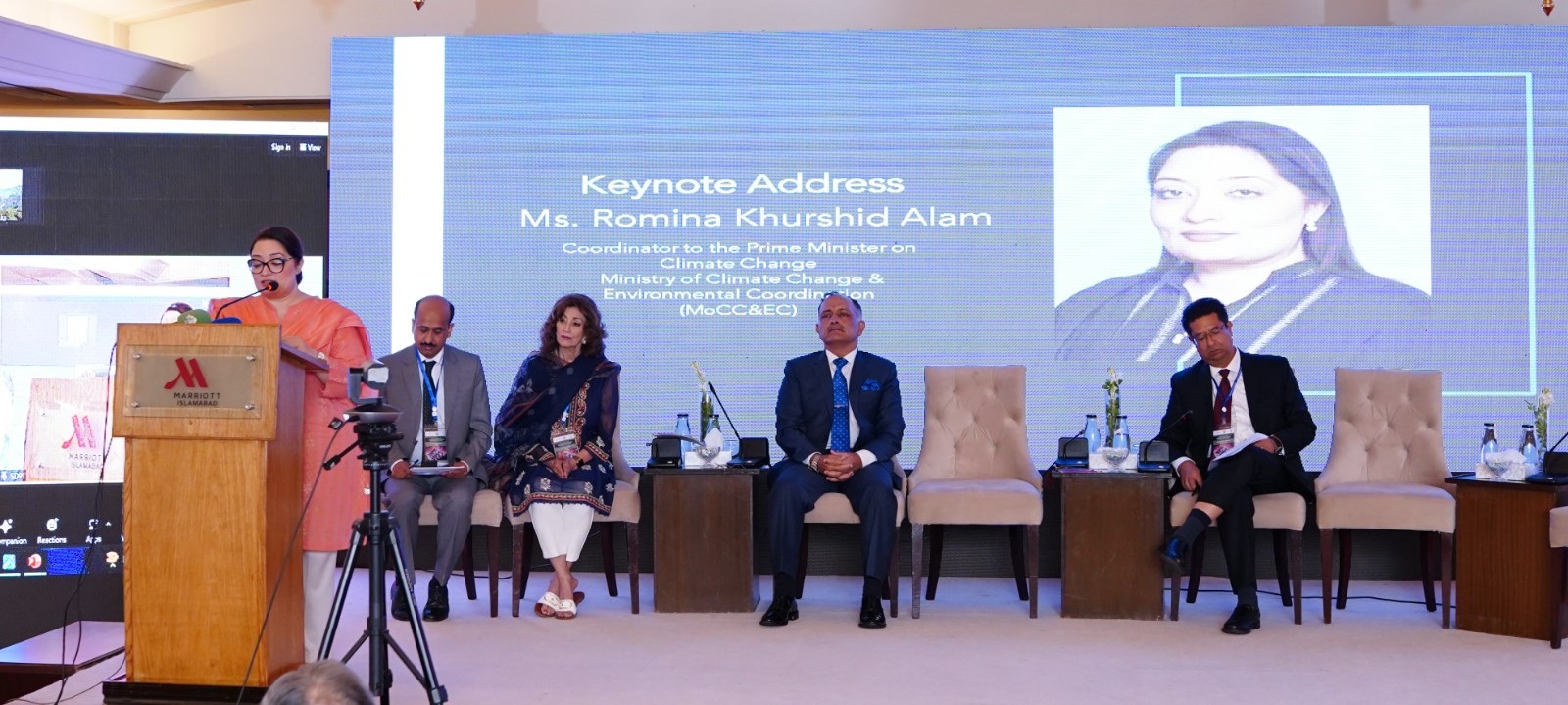WNAM (Islamabad) – Wednesday, 11 September 2024 – The International Centre for Integrated Mountain Development (ICIMOD), in collaboration with the Ministry of Climate Change and Environmental Coordination (MoCC&EC) and the Civil Society Coalition for Climate Change (CSCCC), launched a three-day Policy Action Dialogue titled, “Tackling Climate Change Impacts on Cryosphere, Water, Food Security, & Disaster Risk Reduction.” The event convened officials from relevant departments of federal and subnational governments in Pakistan, briniging diverse stakehoders together to address critical challenges posed by climate change and to develop strategies for effective policy implementation.
Dr. Pema Gyamtsho, Director General of ICIMOD, emphasized in his welcome remarks the vital role ICIMOD plays in addressing the complex environmental challenges of the Hindu Kush Himalaya (HKH) region. “Pakistan, with 7,253 glaciers—the highest number outside the polar regions—is vulnerable to both floods and droughts. We must improve access to climate data for at-risk communities,” he stated, highlighting that although technologies exist, scaling them effectively remains a challenge. Dr. Gyamtsho stressed that disaster risk reduction should focus beyond preparedness and prevention, urging investment in planning and implementation. Aisha Khan, Chief Executive of CSCCC, underscored the ecological significance of mountains and the interconnectedness between upstream and downstream communities. She called for an “all-of-government and all-of-society” approach to climate change adaptation, emphasizing the need for a shift from merely identifying gaps to real time implementation.
Ms. Romina Khurshid Alam, Coordinator to the Prime Minister on Climate Change at MoCC&EC, delivered a keynote speech highlighting the importance of the Indus River, which supplies freshwater to the people of Pakistan but is under severe stress due to rising temperatures. She pointed to the government’s efforts, including the Living Indus Project, Recharge Pakistan, and GLOF-II, which aim to address water scarcity and the growing risk of glacial lake outburst floods (GLOFs). “Climate change knows no borders,” she remarked, stressing the need for cross-sector coordination, investment in sustainable practices, and community-based adaptation to build resilience.


